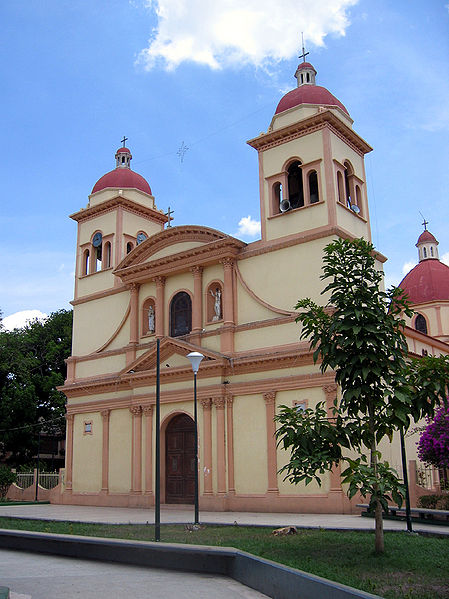
While Venezuela claims no official religion, 92 percent of the 29 million Venezuelans are Roman Catholic. The majority of the remaining 8 percent are mostly Protestant with small populations of various other religious sects. Muslim and Jewish communities number 100,000 and 13,000, respectively. While small, these two groups are seen as very influential in a Catholic nation.
While the government generally respects religious freedom, multiple reports from the U.S. Department of State cite hostilities between President Hugo Chavez’s government and local religious leaders. Much of the civil unrest that impacts religion in Venezuela centers on Catholic and Jewish communities. President Chavez’s relationships with Iran and his anti-Israeli rhetoric (specifically blaming Jews for the world’s problems) have contributed to many threats and acts of vandalism experienced by the Venezuelan Jewish community. After President Chavez’s critical and anti-Semitic remarks towards the 2006 Lebanon-Israel and 2008-2009 Israel-Gaza conflicts, many state media outlets began running anti-Semitic opinion articles and cartoons of their own, inciting rallies and vandalism of synagogues. In 2004 and again in 2007, Venezuelan security agents raided a Jewish Community center in Caracas called La Hebraica, supposedly looking for weapons. The raids have been viewed as “an attack on the entire Jewish Community.” The severing of diplomatic ties with Israel in 2009 has caused further tension and heightened anti-Semitism in Venezuela.
The Venezuelan Government has made attempts to limit the influence of the Catholic Church in Venezuela after local Church leaders became publically critical of the government’s treatment of human rights and the controversial 2009 referendum that eliminated term limits for some state and national leaders. Some church leaders even spoke out against President Chavez himself. Government officials and government-backed news outlets have since criticized the Catholic Church.
These hostile demonstrations taken against religious groups in Venezuela are more political in origin, but still reflect negative religious sentiments. Public opinion and action tend to conform to government criticism of religious groups like the Catholics and Jews.
The Venezuelan Constitution protects the right to freedom of religion, but that freedom is conditional provided that the practice of religion does not violate other laws, public order, or morality. As it has been noted, religious groups that are critical of the government face intimidation and harassment from government officials and state-sponsored media.
For more, see Bolivarian Republic of Venezuela: Law and Religion Framework Overview.